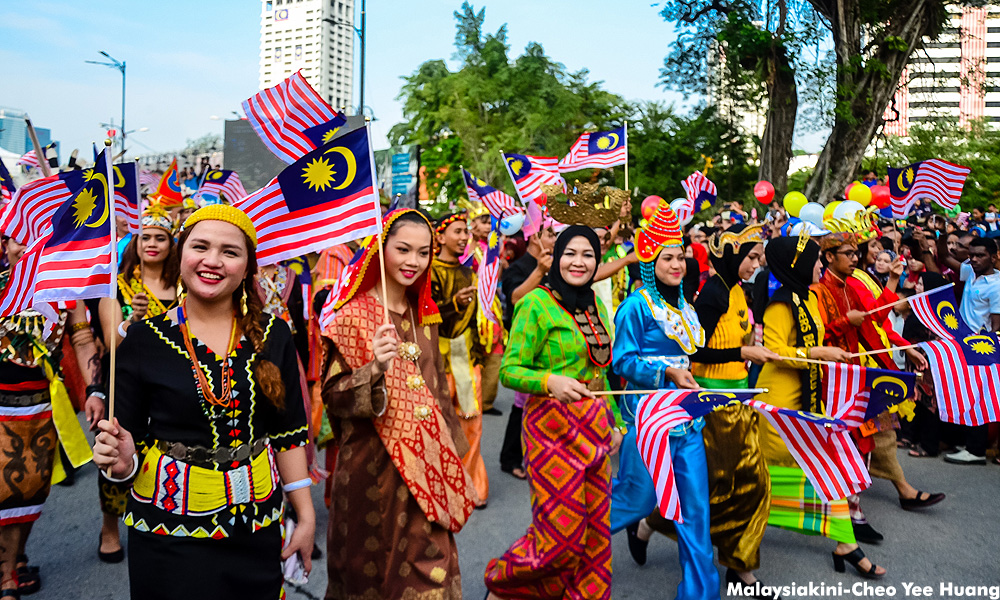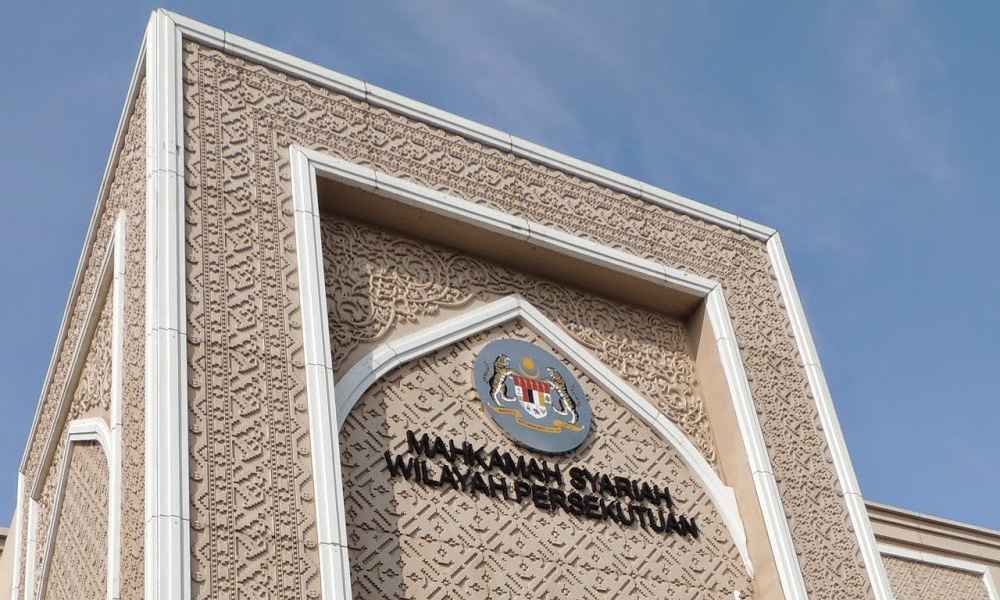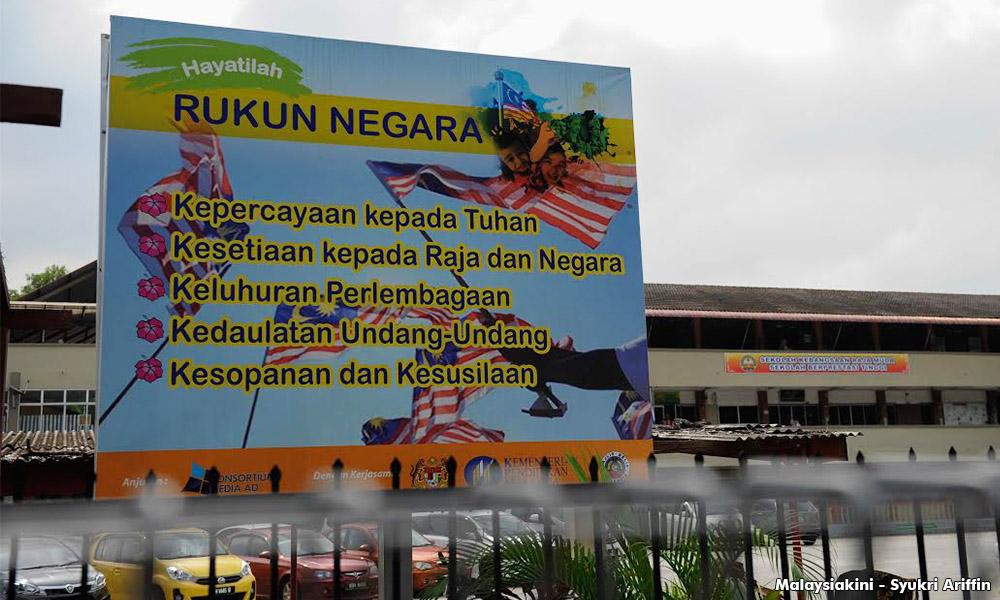
As the 14th general elections draw closer and the various political parties go all out to woo voters, Malaysian citizens should pay close attention to the manifestos of the actors involved, their present and past records, and the issues and concerns that are shaping the political milieu as they prepare to make some critical decisions about their own future.
Pakatan Harapan's 13-point manifesto, announced on Jan 6, contains some commendable elements, but it is deafeningly silent on one of the greatest challenges that have always confronted our nation - the challenge of promoting unity within our multireligious and multicultural society.
In the last few years, this challenge has become even more pronounced with the decline of social interaction among people of different ethnic backgrounds especially in West Malaysia and the intensification of exclusive attitudes adopted by fringe groups in all communities which have had an adverse impact on the social fabric.
These exclusive attitudes assume many forms. Among them are the antics of certain vocal groups who claim to speak on behalf of Islam, when in fact their pronouncements and actions undermine the universal essence of the religion and alienate the large non-Muslim population in the country, including those from Sabah and Sarawak.

Some of these exclusivists even argue that since Islam is the religion of the federation as provided for in Article 3 of the Constitution, sharia laws should supersede existing laws and their interpretation of certain Islamic precepts should be accepted by all without question.
Beyond espousing respect for the constitution, the Harapan manifesto does not take a clear stance against narrow interpretations of religion or religious authoritarianism. By the same token, the manifesto appears to be oblivious to the danger posed by chauvinistic thinking that shows very little appreciation of the role of the Malay language as a channel for effective inter-ethnic interaction or the position of the Malay rulers in shaping the nation’s character and identity.
In this regard, Harapan has not even acknowledged the one document that was presented to the nation as its unifying ideology and its instrument for nation-building by the fourth Yang Di-Pertuan Agong on Aug 31, 1970. It was only recently, on Oct 10, 2017, that the Conference of Rulers urged everyone - leaders, administrators and the people as a whole - to uphold the five goals and the five principles of the Rukun Negara. It is significant that the rulers described the Rukun Negara as the “guiding compass” of the nation.

At a time like this when divisive tendencies are getting stronger, a guiding compass that articulates inclusive goals and principles becomes imperative. Our Rulers realise this, which is why they reiterated their commitment to the Rukun Negara in its entirety a few months ago. The least that political parties like the component parties of Harapan can do is to endorse the clarion call of our Conference of Rulers.
If Harapan had emphasised the Rukun Negara whose first goal is national unity, it not only would have shown that it is serious and sincere about one of Malaysia’s foremost challenges but would have also demonstrated that it is crystal-clear about the direction we should take as a people. It is a lucid articulation of national goals that the people demand and political parties should live up to this expectation if they intend to give hope to the rakyat.
CHANDRA MUZAFFAR is the chairman of the board of trustees of Yayasan 1Malaysia.- Mkini


No comments:
Post a Comment
Note: Only a member of this blog may post a comment.